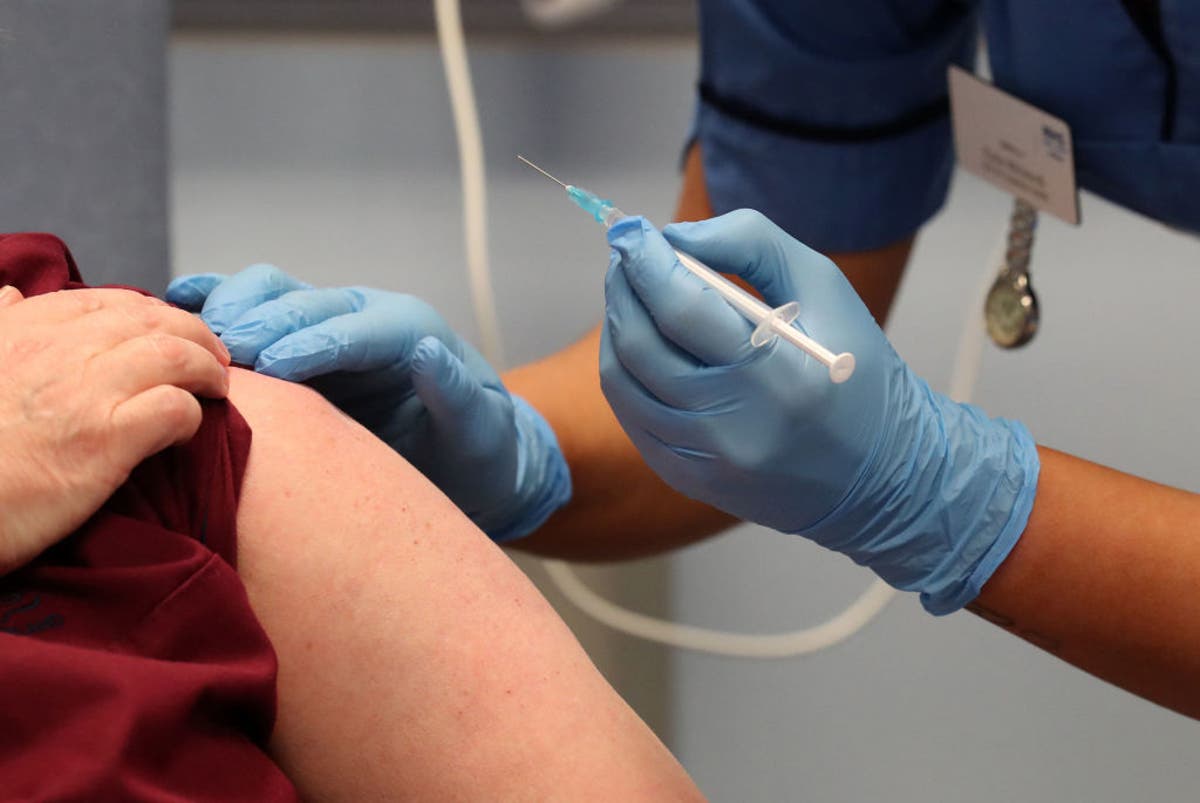New research suggests some jobs are less vulnerable to automation by AI than others. Analyzing job postings, a study found a resilience in certain roles, particularly those requiring human interaction or specialized skills. These "AI-proof" jobs, analyzed by Adzuna using data from Goldman Sachs and the OECD, demonstrate high demand and stable salaries.
Dermatologists lead the list, with an average salary of £86,229, and a significant increase in job openings compared to the previous year. Surgeons, psychologists, paediatricians, and dentists round out the top five highest-paying, least-automated roles.
Beyond specialized medical professions, the study highlights several blue-collar and manual labor positions, including plumbers, carpenters, laborers, lifeguards, and crane drivers. These roles, the study indicates, are currently less likely to be fully automated.
Furthermore, jobs needing human reasoning and judgment, such as nurses, social workers, midwives, and museum curators, also appear relatively resistant to AI-driven automation.
While the International Monetary Fund forecasts significant AI impact on nearly 40% of all jobs, this research reveals certain areas of work show resilience and sustained demand, emphasizing the complexities of AI's effect on the job market.







